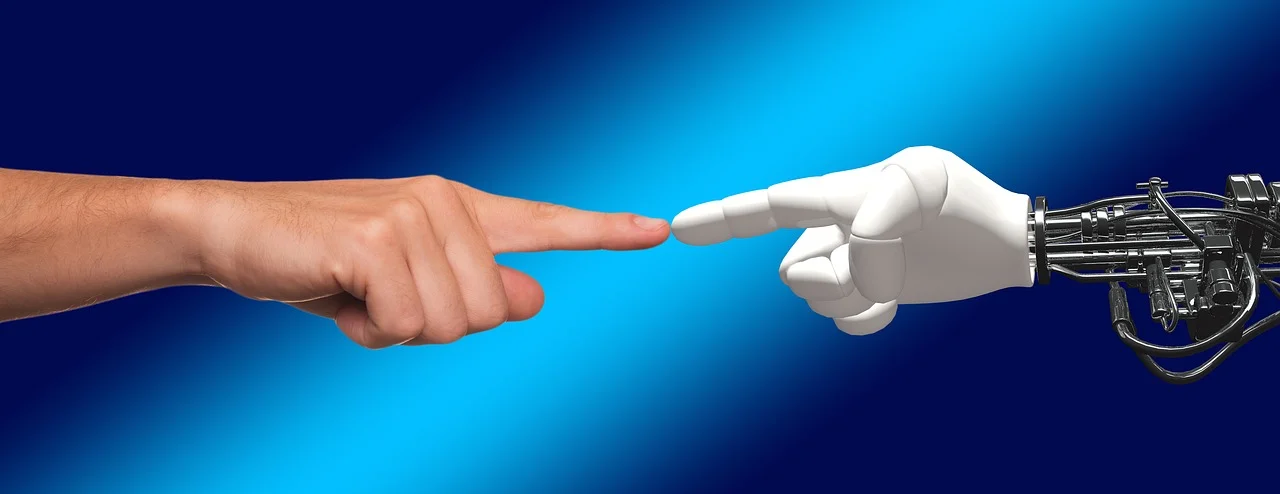Have you ever experienced similar content being recommended while searching the Internet? You may have experienced time passing by quickly as you cheered at the abundance of content with similar opinions to yours and continued to view it. This is thanks to AI algorithms that analyze the interests, tendencies, and content usage behavior of service users and provide customized content to users. However, users are only provided with content that suits their tastes, and they mainly communicate with people with similar opinions or tendencies. As a result, their existing beliefs are further strengthened, making accepting other perspectives increasingly difficult. This is called the ‘echo chamber effect’.
This phenomenon has both advantages and disadvantages. First, a strong sense of identity is formed among people who share similar opinions, strengthening the bond and allowing them to enjoy confidence and pride in their beliefs. On the other hand, exposure to only similar information can lead to a deepening of bias in thinking and a decrease in communication with people with different positions. As a result, the tendency to accept only information that matches one’s beliefs and ignore information that contradicts them becomes more pronounced.
In this process, verification of information is treated as a secondary issue. Therefore, as unverified information (false facts or fake news) spreads, incorrect beliefs are reinforced, and it becomes difficult to make balanced judgments because various perspectives are inaccessible.
In addition, social division occurs as conflicts between groups with different opinions deepen. In fact, it is questionable whether we, busy every day, even need to examine the truth of the information. We may be deeply immersed in the swamp of AI algorithms.
On January 28, 2025, the Congregation for the Doctrine of the Faith and the Congregation for Culture and Education published Antiqua et Nova (Old and New) on the proper use of Artificial Intelligence (AI).
This document comprises 117 articles and aims to guide Catholic institutions and humanity on AI's ethical development and use, explaining the challenges and opportunities that AI development brings in education, economy, work, health, and human relations.
Despite the conveniences of science and technology in modern society, human beings still ask themselves the question of who they are and what makes life full. As a key clue, the document quotes Pope Francis, emphasizing that AI should not be considered an artificial form of human intelligence but a product of human intelligence since using the word “intelligence” about AI can be misleading (article 35).
In the philosophical and theological tradition, human intelligence (intellect) reveals two fundamental and complementary dimensions: reason (ratio) that argues and intellectual insight (intellectus) that intuitively understands truth (paragraph 14).
This document emphasizes that to properly use AI, we must understand human intelligence more broadly, and based on this, it presents guidelines that ensure human dignity and the harmonious development of human society. “Based on the wisdom of ‘the old and the new’ (Matthew 13:52), we are called to reflect on the challenges and opportunities brought about by the development of science and technology, especially the recent rapid development of artificial intelligence (AI).” (Article 1)
